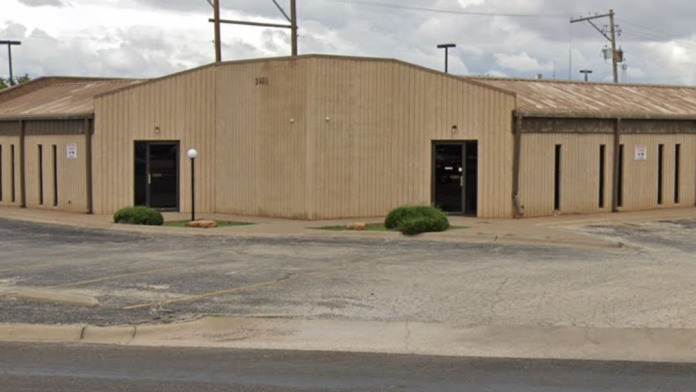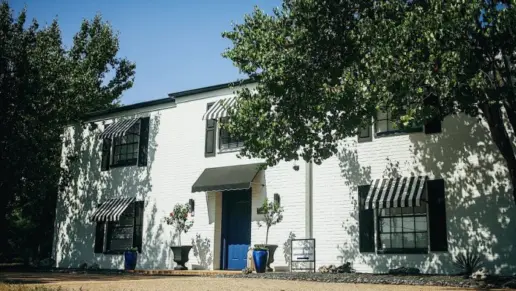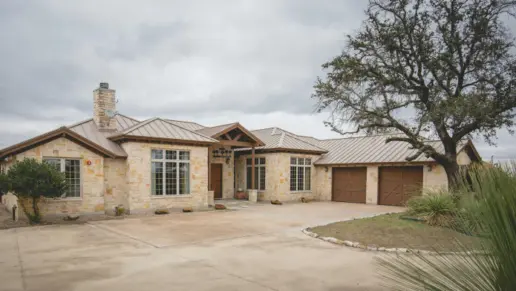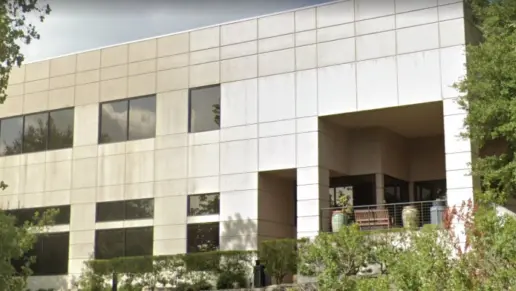Great place, get treated well. In and out, have to see a councilor a couple times a month but it's the best clinic I've been to. The Dr is fair with take homes as well.
About West Texas Counseling and Rehabilitation Program
West Texas Counseling and Rehabilitation Program is located in Midland, Texas, though this organization has offices throughout the region. This facility provides comprehensive care to men and women who need support for an opioid use disorder. Through this outpatient treatment facility, you'll be supported by evidence-based practices so you can receive the recovery treatment you need to lead a healthy and sober lifestyle.
At this center, you’ll have access to detox support and medication management. You’ll be supported with the use of FDA approved medications like methadone or buprenorphine, which will help you manage painful withdrawal symptoms that often accompany detoxification.
As you move through your treatment, you’ll continue medication management through in clinic dosing. Once you undergo a comprehensive review process, you’ll be eligible for take-home medication privileges that give you a more flexible way to manage your cravings.
Accompanying medication management are counseling services that encourage you to reflect within so that you can pinpoint triggers and develop important life skills. By taking this approach to care, you’re more likely to build the tools you need for sustainable sobriety.
Your initial assessment at the West Texas Counseling and Rehabilitation Program is free, and ongoing medication management is offered at an affordable price point. Most insurance policies are accepted to cover the cost of select treatments. Medicaid and Medicare are also accepted as well.
Latest Reviews
Rehab Score
Gallery

Location
Other Forms of Payment
Self-pay involves paying for treatment out of your own pocket. You can use savings or credit, get a personal loan, or receive help from family and friends to fund your treatment. If you don't have insurance or your insurance plan doesn't cover a specific program, self-pay can help ensure you still get the care you need.
Medicaid is a state based program that helps lower-income individuals and families pay for healthcare. Medicaid covers addiction treatment so those enrolled can use their coverage to pay for rehab. When a program accepts Medicaid the client often pays very little or nothing out of their own pocket.
Medicare is a federal program that provides health insurance for those 65 and older. It also serves people under 65 with chronic and disabling health challenges. To use Medicare for addiction treatment you need to find a program that accepts Medicare and is in network with your plan. Out of pocket costs and preauthorization requirements vary, so always check with your provider.
Addiction Treatments
Levels of Care
Treatments
The goal of treatment for alcoholism is abstinence. Those with poor social support, poor motivation, or psychiatric disorders tend to relapse within a few years of treatment. For these people, success is measured by longer periods of abstinence, reduced use of alcohol, better health, and improved social functioning. Recovery and Maintenance are usually based on 12 step programs and AA meetings.
During rehab in Texas, you'll deal with underlying issues that contribute to addiction. By addressing these challenges and learning healthy ways to cope with them, you'll develop strategies that help you live a drug-free lifestyle.
Opioid rehabs specialize in supporting those recovering from opioid addiction. They treat those suffering from addiction to illegal opioids like heroin, as well as prescription drugs like oxycodone. These centers typically combine both physical as well as mental and emotional support to help stop addiction. Physical support often includes medical detox and subsequent medical support (including medication), and mental support includes in-depth therapy to address the underlying causes of addiction.
Substance rehabs focus on helping individuals recover from substance abuse, including alcohol and drug addiction (both illegal and prescription drugs). They often include the opportunity to engage in both individual as well as group therapy.
Programs


Clinical Services
Group therapy is any therapeutic work that happens in a group (not one-on-one). There are a number of different group therapy modalities, including support groups, experiential therapy, psycho-education, and more. Group therapy involves treatment as well as processing interaction between group members.
In individual therapy, a patient meets one-on-one with a trained psychologist or counselor. Therapy is a pivotal part of effective substance abuse treatment, as it often covers root causes of addiction, including challenges faced by the patient in their social, family, and work/school life.
Contact Information
2401 West Wall Street
Midland, TX 79701


